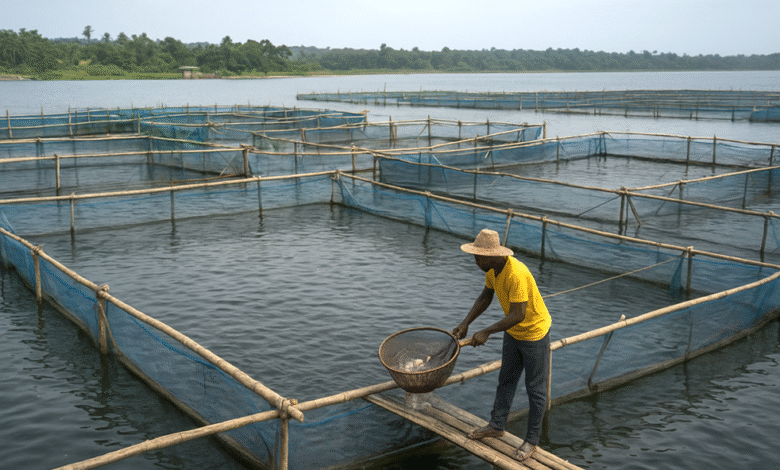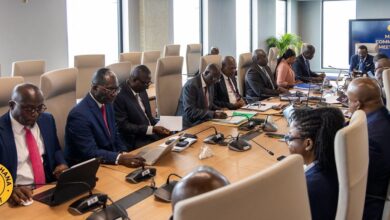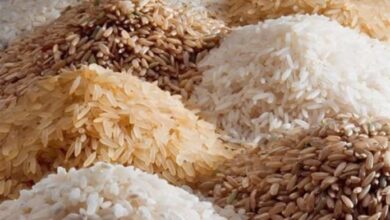Ghana Eyes Aquaculture Growth to Cut Fish Import Bill as Industry Leaders Gather in Accra

Ghana is betting big on aquaculture as a driver of food security and job creation, with policymakers, investors, and industry players set to converge in Accra later this month for Aquaculture Ghana 2025.
The two-day conference, exhibition, and festival scheduled for October 30–31, 2025, in Accra and is expected to shape the future of Ghana’s fish farming industry.
Organised by the Chamber of Aquaculture Ghana, in partnership with the Blue Food Partnership and Food Innovation Hubs, and under the auspices of the Government of Ghana, the event aims to position aquaculture as a key pillar in Ghana’s green and inclusive economic transition.
Ghana consumes over one million metric tons of fish annually but produces less than half of that, spending about $200 million each year on imports. With marine stocks dwindling, aquaculture is increasingly seen as the most viable way to close the supply gap while generating sustainable jobs for the youth.
“Aquaculture Ghana 2025 is more than an event; it’s a national platform,” an organiser said. “We are building a roadmap for innovation, inclusion, and job creation that will make aquaculture central to Ghana’s food and economic future.”
The programme will showcase opportunities in fish farming, highlight sustainable feed and technology innovations, and discuss financing models to expand the sector. Stakeholders will also explore aquaculture’s role in boosting exports and reducing Ghana’s reliance on foreign fish.
Analysts say the forum comes at a critical time. With Africa’s population projected to double by 2050, food demand is expected to outpace supply. Ghana’s ability to scale aquaculture could determine whether it reduces its import bill and creates jobs for thousands of unemployed graduates.
The event’s organisers say discussions will end with a roadmap document for scaling aquaculture into a $1 billion industry within the next decade.
If delivered effectively, the initiative could help reshape Ghana’s fish economy, strengthen rural livelihoods, and reinforce government efforts to build a more self-sufficient food system.



